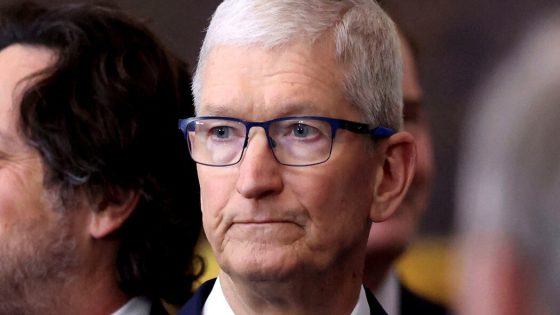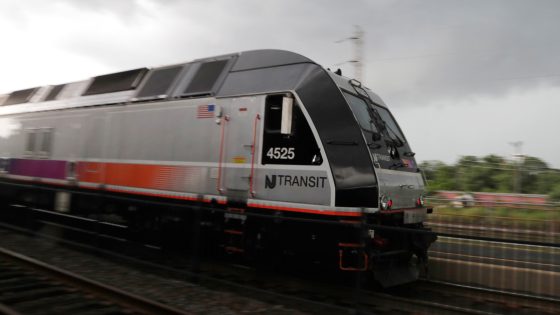Newark Liberty International Airport has faced significant disruptions, marking the ninth consecutive day of delays and cancellations due to an air traffic controller shortage. This situation has primarily affected United Airlines, which has cut 35 daily flights amid ongoing challenges.
- Newark airport faces ongoing delays and cancellations
- United Airlines cuts 35 daily flights
- 20% of controllers walked off due to issues
- Rep. Gottheimer demands immediate controller deployment
- Gov. Murphy cites underinvestment in maintenance
- Transportation Secretary to announce new system plan
On May 7, 2025, United’s CEO revealed that 20% of air traffic controllers at Newark walked off the job last week, citing equipment issues. In response, Rep. Josh Gottheimer (D-NJ) has called for immediate action from the Trump administration to deploy more controllers and secure emergency funding for system upgrades.
Gottheimer’s urgent remarks follow New Jersey Governor Phil Murphy’s comments on the underinvestment in maintenance and staffing, which have contributed to a fragile air traffic control system. Over the past weekend alone, 225 flights were canceled and more than 950 delayed. What steps will be taken to ensure a more reliable air travel experience?
The Newark situation raises critical questions about air travel infrastructure worldwide. How can nations ensure their air traffic systems are adequately staffed and equipped? This incident serves as a wake-up call for global aviation authorities.
- Air traffic control shortages can lead to widespread flight disruptions.
- Investment in technology is essential for maintaining safe air travel.
- Governments must prioritize aviation infrastructure to avoid future crises.
- Global travelers are increasingly affected by localized issues in air traffic management.
As the situation unfolds, stakeholders must collaborate to enhance air traffic control systems globally. Will we see a renewed commitment to investing in aviation infrastructure to prevent future disruptions?
































